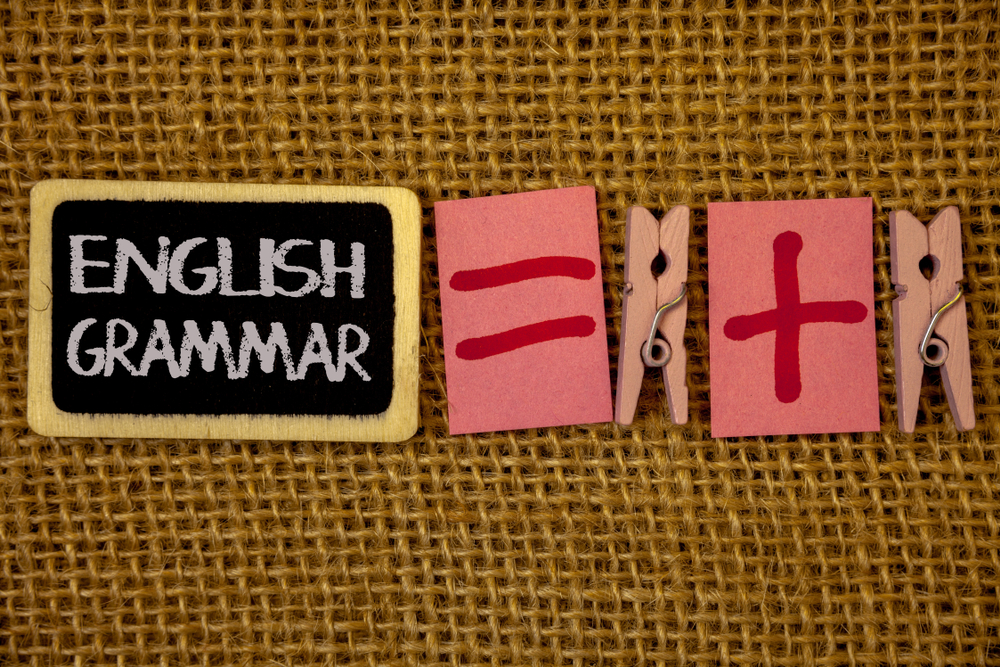Normal Knowledge Check worksheets activities for Ages 7-8
26 filtered results
-
From - To
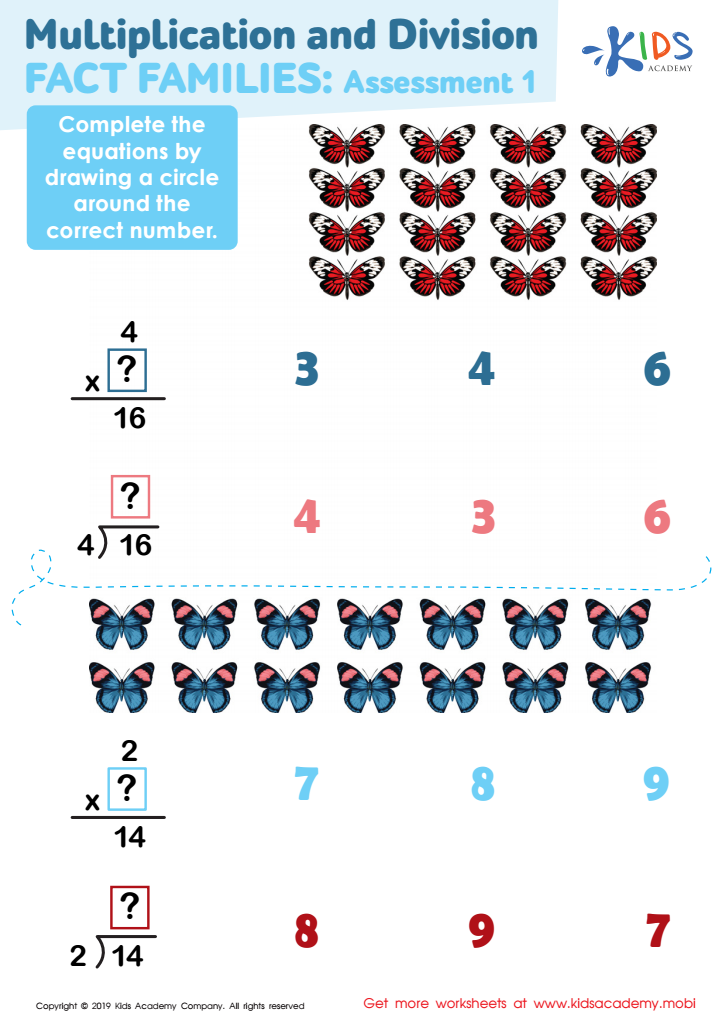

Multiplication and Division Fact Families Assessment 1 Worksheet


Animals and Plants: Assessment 2 Worksheet


Animals and Plants: Assessment 1 Worksheet
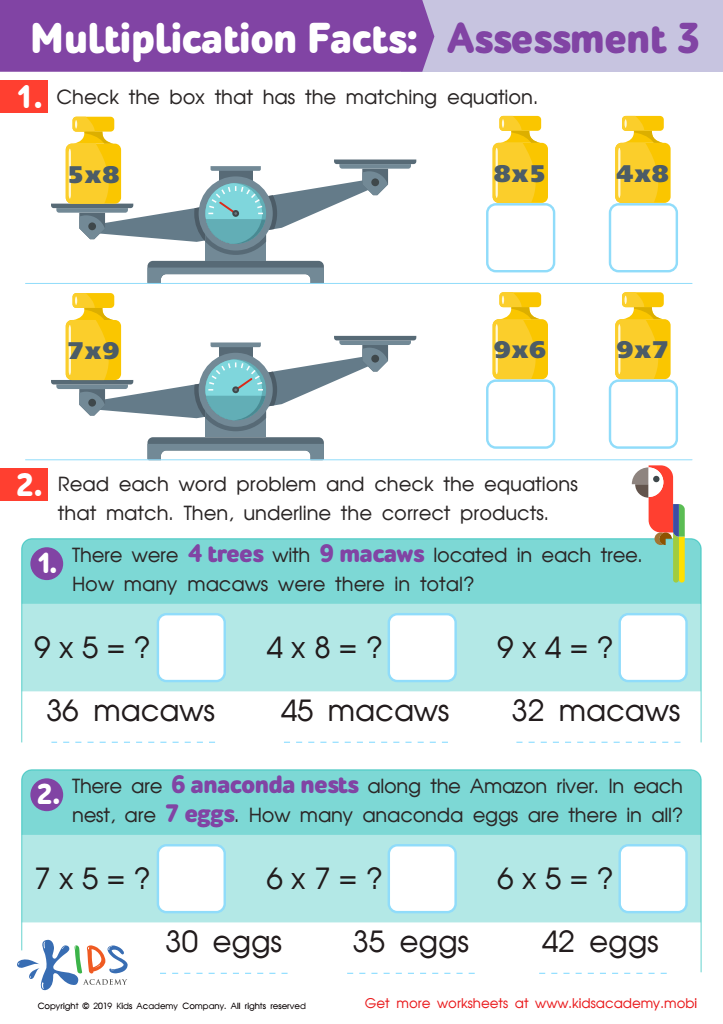

Multiplication Facts: Assessment 3 Worksheet
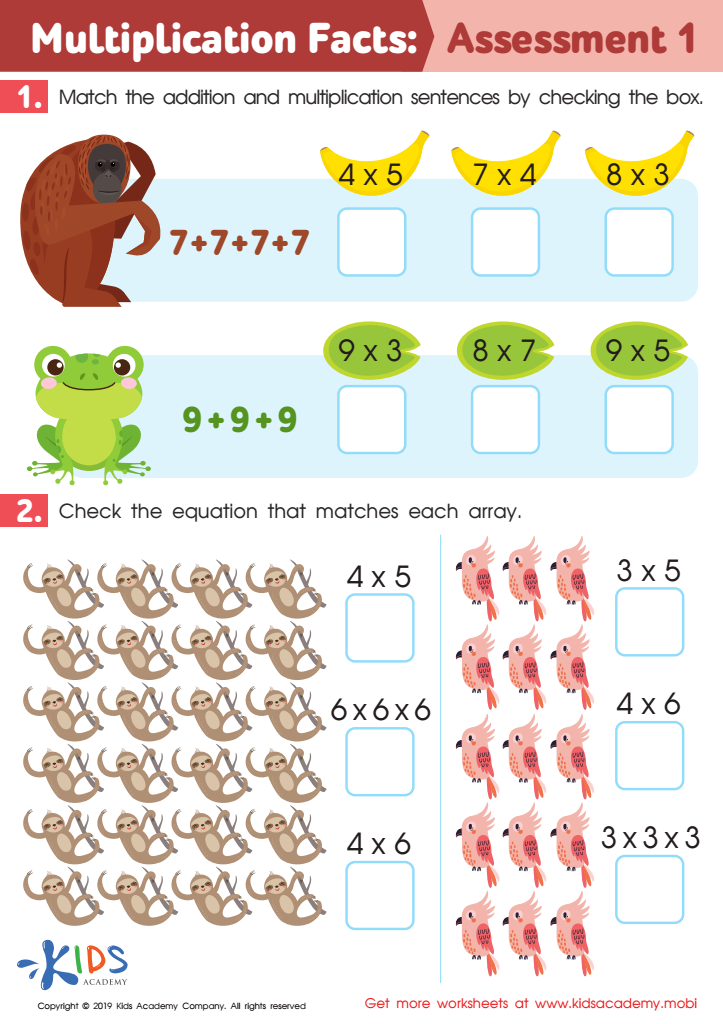

Multiplication Facts: Assessment 1 Worksheet
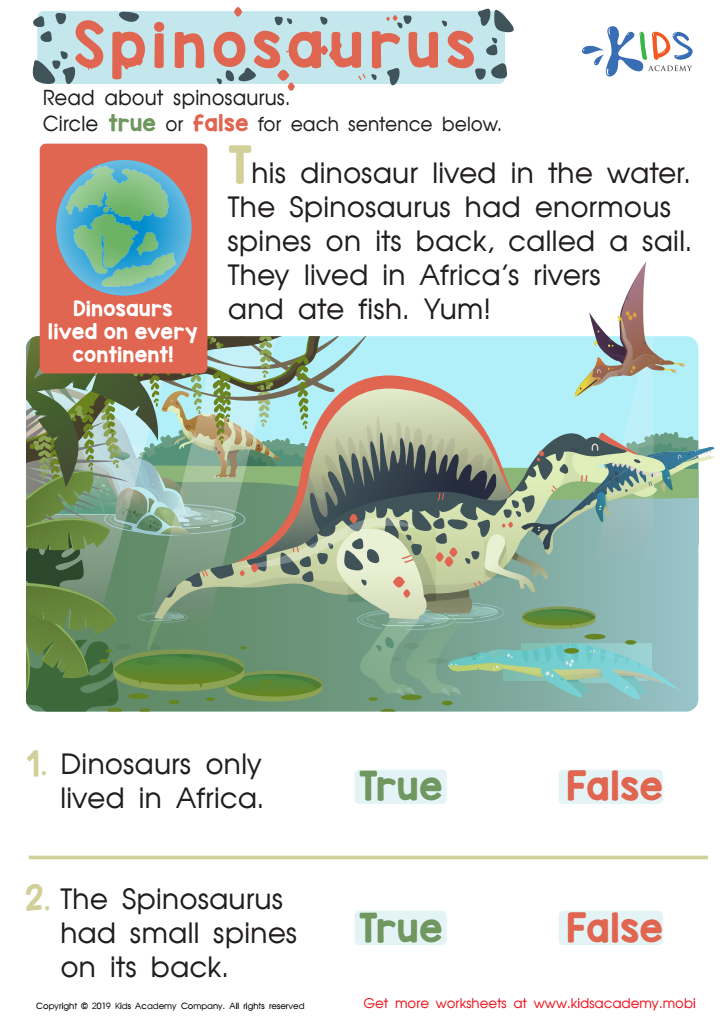

Spinosaurus Assessment Worksheet
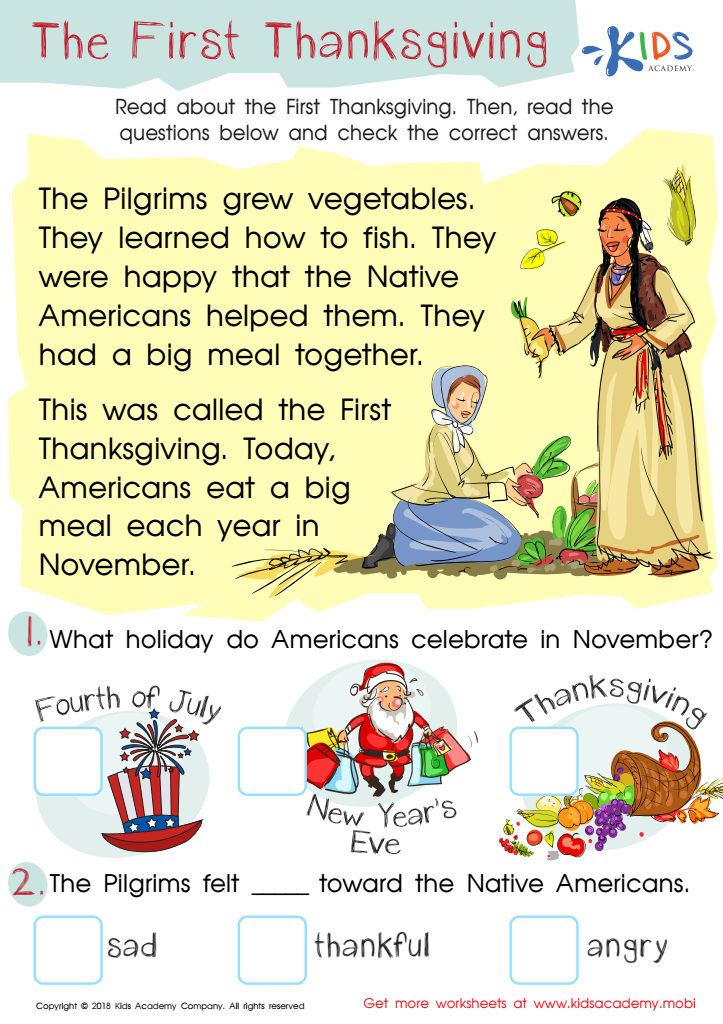

Assessment: First Thanksgiving Worksheet


Word Problems: Assessment 2 Worksheet
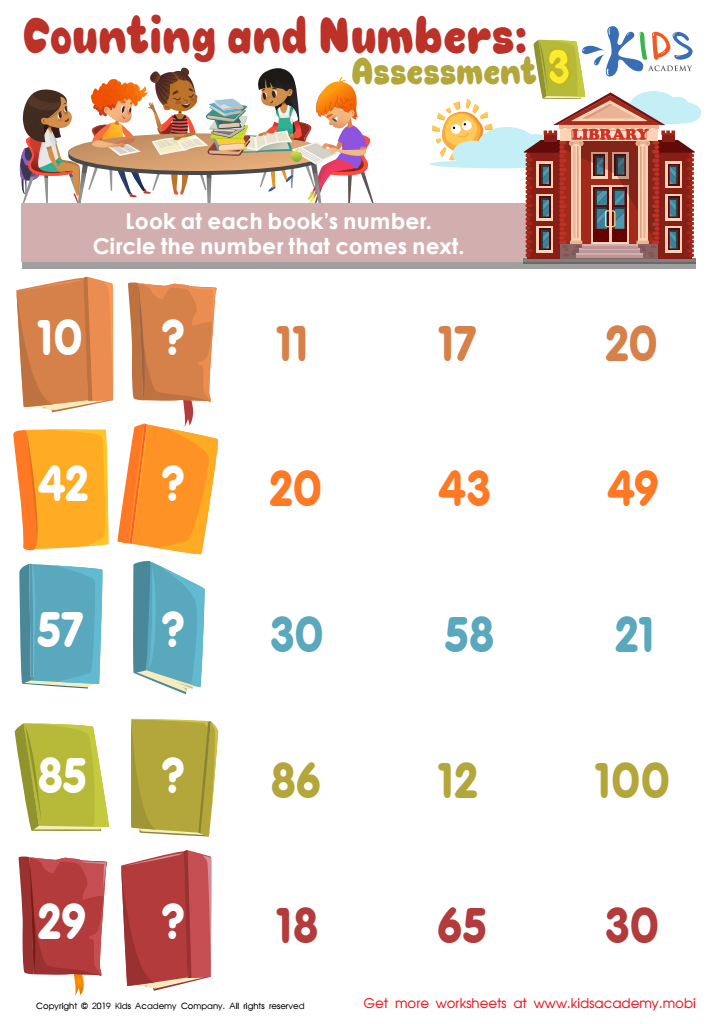

Counting and Numbers: Assessment Worksheet


Ecosystems: Assessment 2 Worksheet


Ecosystems: Assessment 1 Worksheet


Phonics and Word Recognition: Assessment 3 Worksheet


Phonics and Word Recognition: Assessment 2 Worksheet


Phonics and Word Recognition: Assessment 1 Worksheet
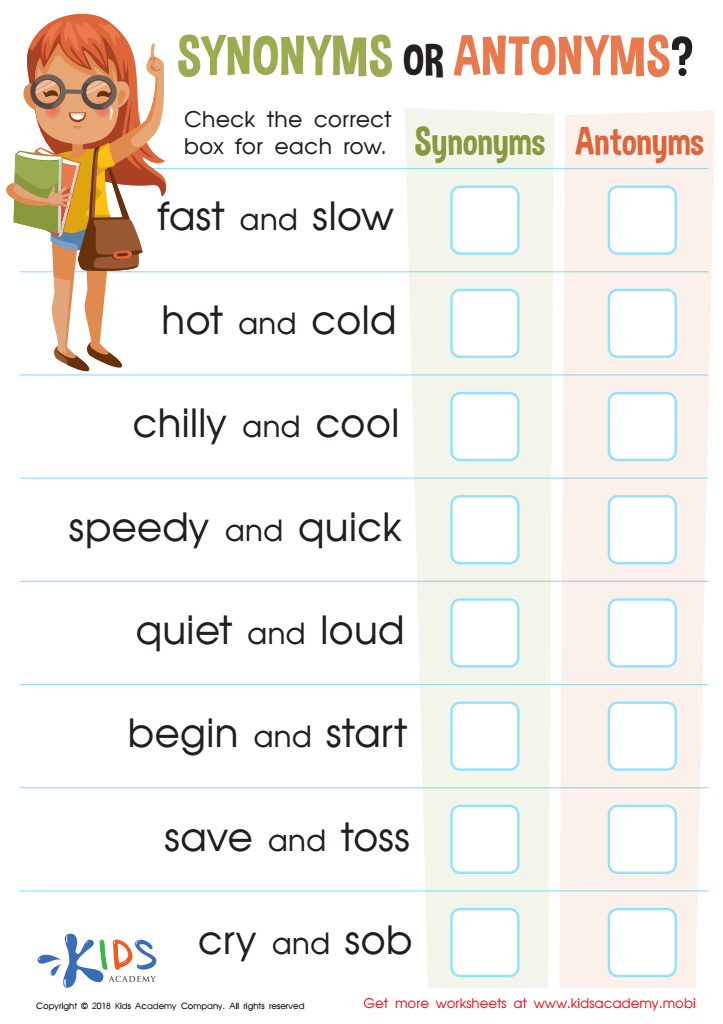

Synonyms or Antonyms: Assessment Worksheet
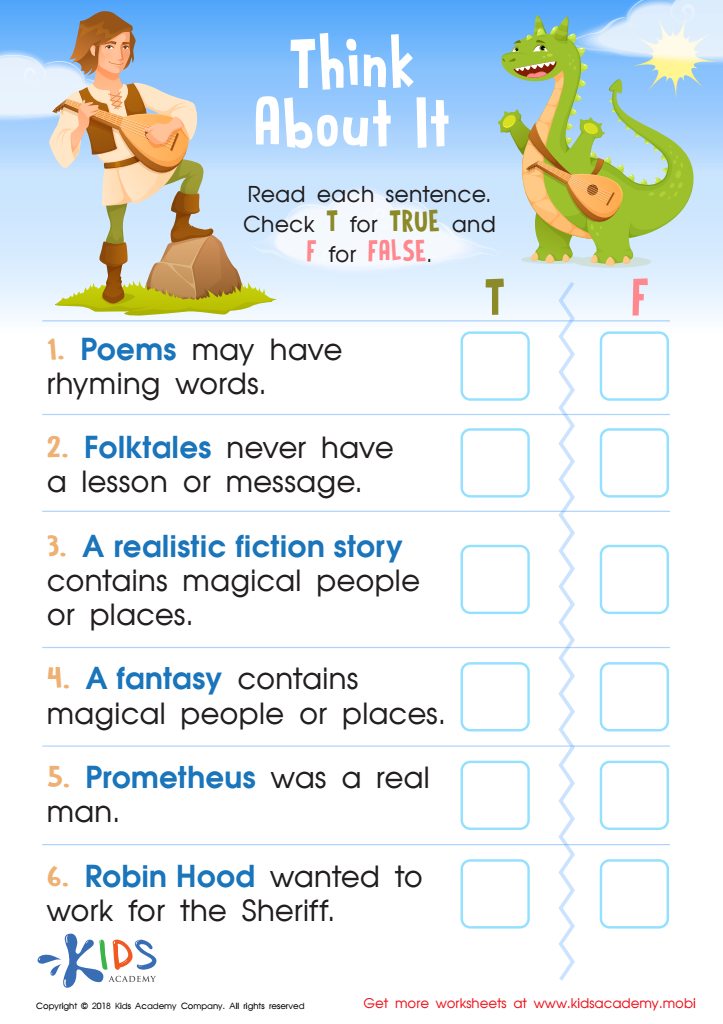

Think About It: Assessment Worksheet
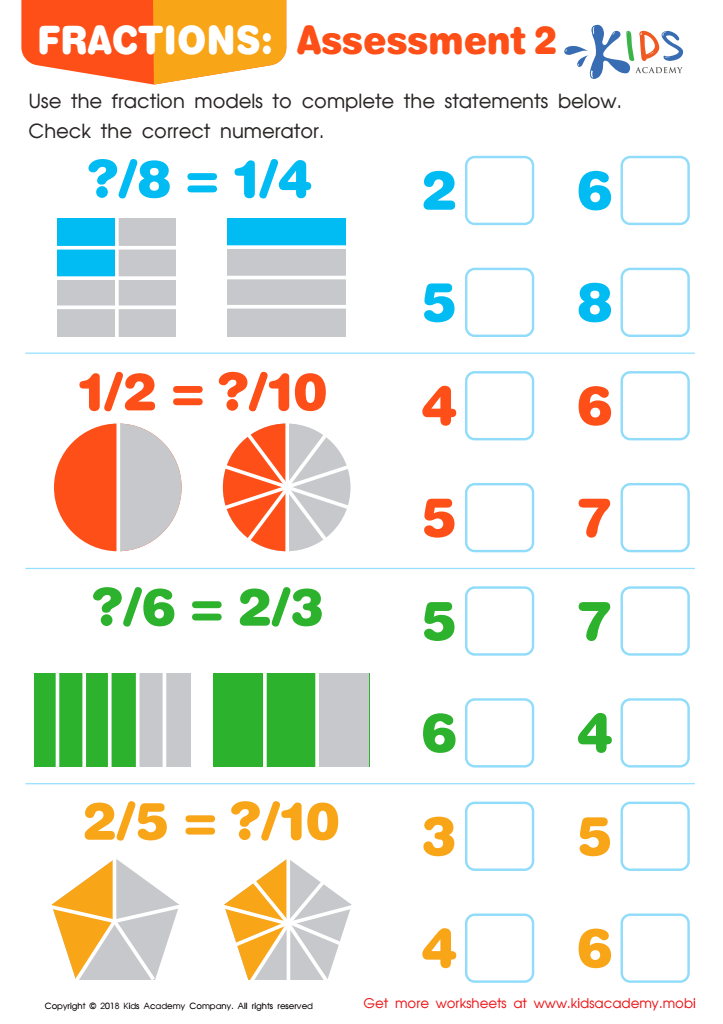

Fractions: Assessment 2 Worksheet
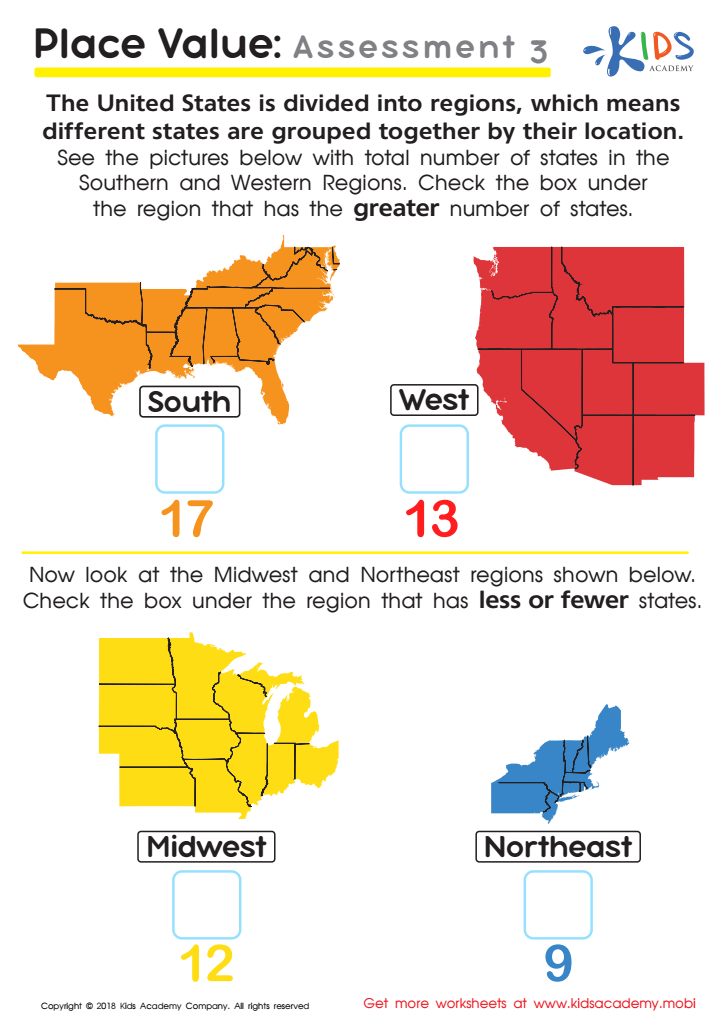

Place Value: Assessment 3 Worksheet


Space: Assessment 2 Worksheet


Space: Assessment 1 Worksheet


Long and Short Vowel Sentences: Assessment Worksheet
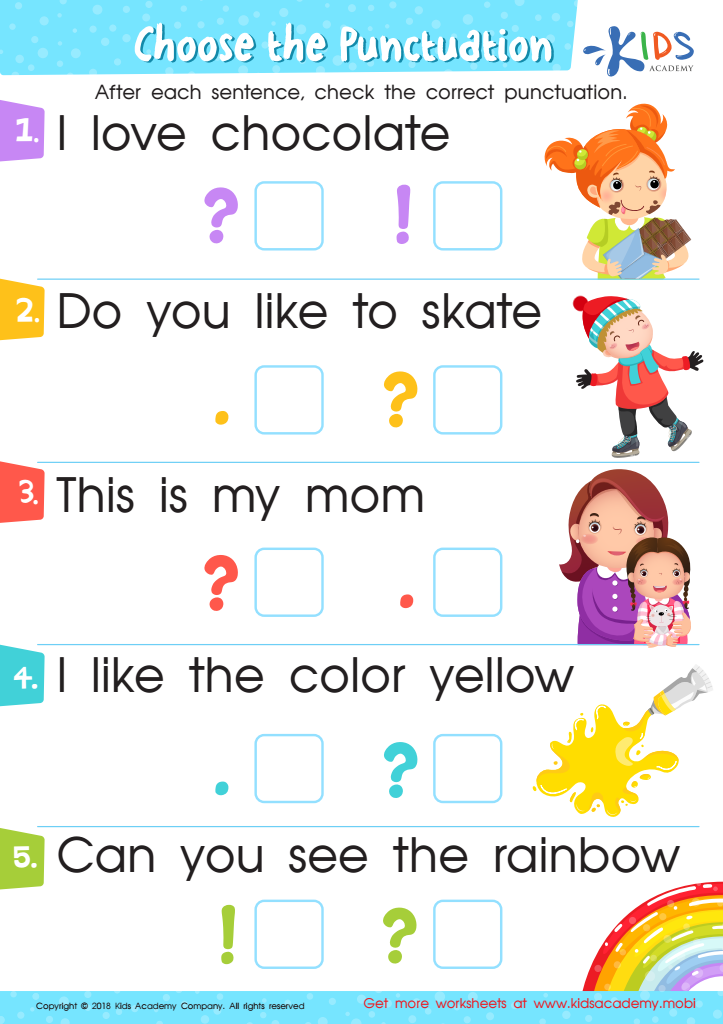

Choose the Punctuation: Assessment Worksheet


Light and Sound: Assessment 2 Worksheet
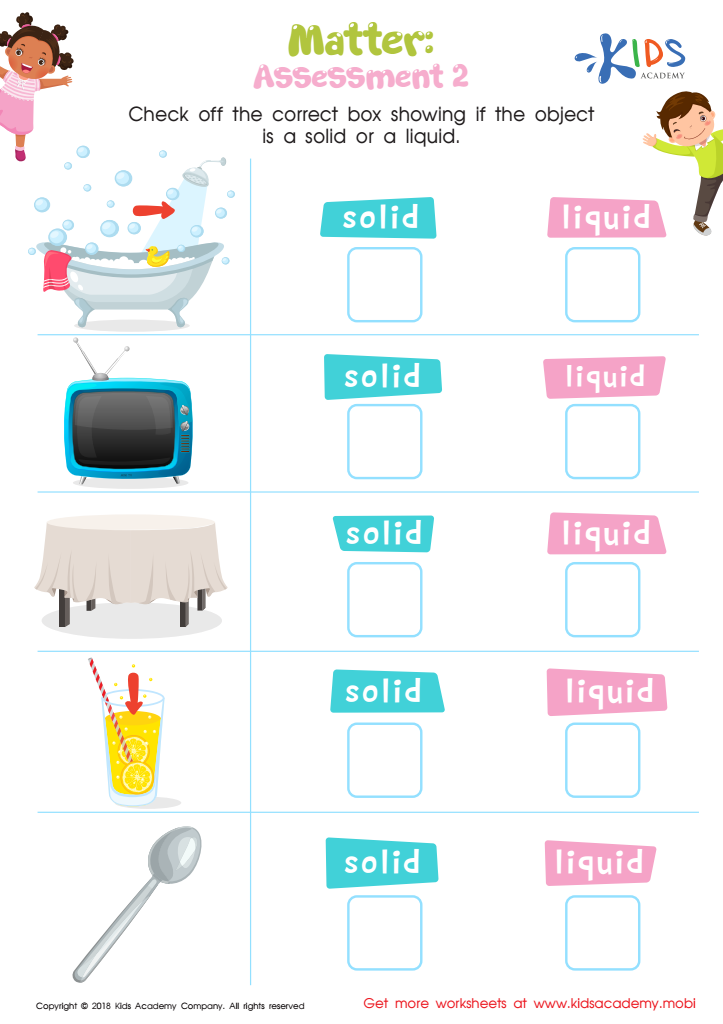

Matter: Assessment 2 Worksheet
Normal Knowledge Check worksheets activities are an essential tool in both traditional and modern educational environments. These activities serve as a pivotal mechanism for reinforcing learning, evaluating student progress, and identifying areas that require further clarification or improvement. The utility of Normal Knowledge Check worksheets activities spans across multiple dimensions of the learning process, making them invaluable for educators and learners alike.
Firstly, Normal Knowledge Check worksheets activities are instrumental in consolidating the learning process. They provide students with the opportunity to apply what they have learned in a structured context, facilitating the reinforcement of key concepts and skills. This in turn enhances retention and aids in the internalization of knowledge, making learning more effective and enduring.
Secondly, these activities serve as an excellent form of formative assessment. By engaging with Normal Knowledge Check worksheets, educators can swiftly identify students' strengths and weaknesses. This immediate feedback loop allows for the timely adjustment of teaching strategies to meet the diverse needs of the student population, fostering a more personalized and effective learning experience.
Furthermore, Normal Knowledge Check worksheets activities promote critical thinking and problem-solving skills. As students work through the activities, they are often required to apply knowledge in novel ways, analyze information critically, and make informed decisions. This not only deepens their understanding of the subject matter but also equips them with essential life skills that extend beyond the classroom.
In addition, these worksheets are versatile and can be adapted to suit various learning styles and levels of comprehension. Whether through visual aids, interactive tasks, or thought-provoking questions, Normal Knowledge Check worksheets can be tailored to engage all learners, ensuring that no student is left behind.
In summary, Normal Knowledge Check worksheets activities are a cornerstone of effective teaching and learning. They not only enhance knowledge retention and foster critical thinking but also enable personalized learning experiences. Their role in the educational process is therefore both fundamental and transformative, making them an indispensable resource in the pursuit of academic excellence.

 Assign to My Students
Assign to My Students



